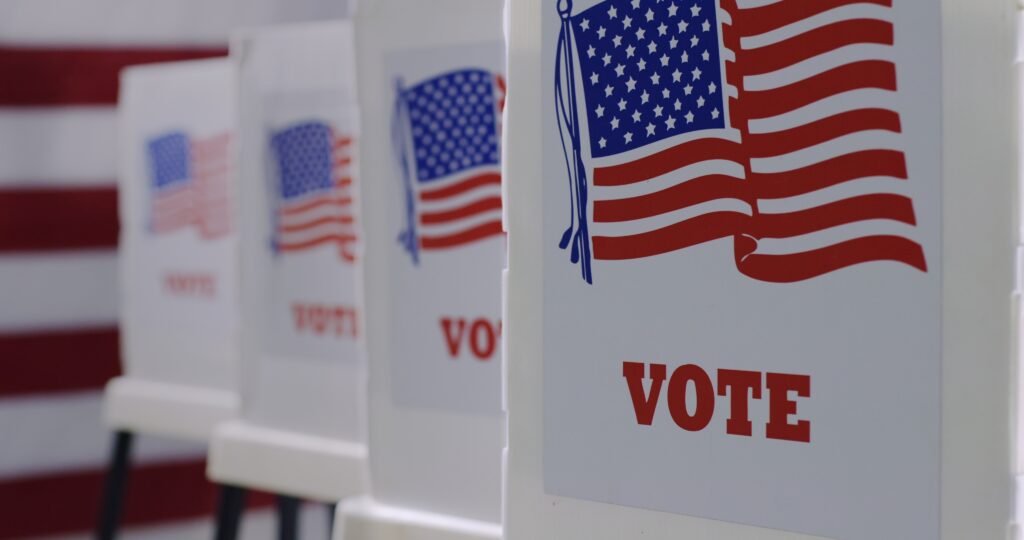Americans can crack open more beer options than ever before
Americans are living in the Golden Age of Beer. Whether shopping for beer at your local supermarket, picking up a six-pack at your beer store, meeting up for friends at a neighborhood bar, or checking out a new local brewer, Americans have more choice in beer than ever before. And the growing options are not just anecdotal. In the last ten years alone, the number of breweries in the United States grew by nearly 400 percent. Today, Americans can choose from more than 8,846 breweries, which together provide more than 20,000 beer brands to consumers.
One of the great stories in the last few years is how members of Congress from both parties have rallied to support our nation’s brewers and beer importers. In 2017, Congress passed legislation that temporarily cut in half small brewers’ federal excise tax. And last year, Congress overwhelmingly passed legislation to prevent small brewers’ federal excise tax rates from doubling. The Alcohol and Tobacco Tax and Trade Bureau (TTB), the primary federal regulator of the nation’s beer industry, has made several efforts to streamline the permitting process for U.S. brewers. They do not charge a filing fee for new brewer applications, and it takes TTB only about two months to process these applications.
Because of the excitement around the beer industry and the efforts to assist brewers in going from the brewery concept to serving beer, beer is not just our nation’s most popular beverage, but it is also a critical and essential part of our nation’s economy. America’s beer industry supports more than two million jobs, provides more than $102 billion in wages and benefits, and contributes more than $331 billion to the U.S. economy. Even with the COVID-19 pandemic, which resulted in a nearly $20 billion reduction in retail beer sales and a loss of almost 570,000 jobs that depend on the beer industry, America’s brewers and beer importers continue to invest in their communities, support local jobs, and assist people in need.
Beer’s economic footprint reaches well outside the brewery. Brewers and beer importers collaborate with farmers across the country. Because of this cooperation, more than 37,000 agricultural jobs depend on the American beer industry. And it is more than barley and hops that brewers rely on when making your favorite beer. When crafting beer, brewers draw flavors from cranberries, herbs, honey, oysters, pumpkins, and spruce tips.
Leaving the farm and going to the factory, the U.S. beer industry supports more than 71,000 manufacturing jobs. These skilled hands help produce more than 45 billion beer cans, 18.7 billion beer bottles, and 3.9 billion beers poured from kegs that Americans enjoyed in 2020. The beer industry supports manufacturing jobs across the United States, from the cardboard that holds a six-pack to the pint glass you lift to toast a special occasion.
Indeed, beer’s production and distribution linkages impact firms in 96% of the U.S. economy.
We thank President Biden for the opportunity to provide ideas on how the federal government can reduce some of the bureaucratic burdens impacting the beer industry. Eliminating the tariffs on imported aluminum would decrease costs for brewers large and small as more and more brewers package beer in aluminum. Modernizing and streamlining the permitting process and reducing the number of times a year brewers must file taxes will decrease overhead while maintaining sufficient oversight over America’s beer industry.
America’s beer industry is complex and exciting. A key reason for beer’s renaissance is the ever-growing and expanding number of brewers who continue to enter the marketplace. The result is the consumer benefits from more choice and more innovation.
Beer has long been part of our nation’s history and culture, and we look forward to continuing to work with the president and his administration to ensure the beer industry continues to thrive.













